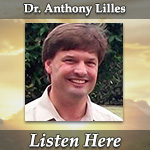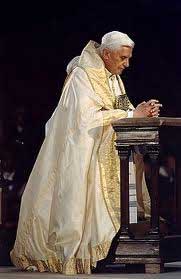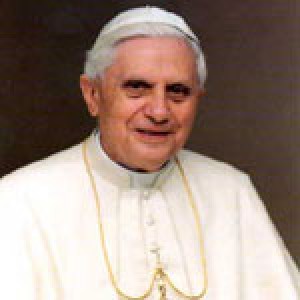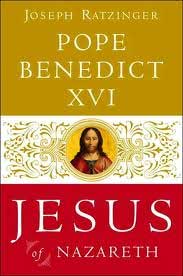Podcast: Play in new window | Download (Duration: 30:21 — 21.0MB) | Embed
Subscribe: Apple Podcasts | Spotify | Amazon Music | Android | Pandora | iHeartRadio | JioSaavn | Podchaser | Gaana | Podcast Index | Email | TuneIn | Deezer | Anghami | RSS | More

Identifying and Battling the Irrational Spirits – The Mystery of Faith in the Wisdom of the Saints.
In this episode Dr. Lilles discusses the nature of prayer. The use of “methods” or “techniques” is cautioned by Dr. Lilles. The relationship with the person of Jesus Christ is paramount. He discusses the struggles in prayer and the real “enemies” which assault us in prayer. He points to the experience and teachings of St. Anthony of the Desert, who battled the irrational spirits opposed to our relationship with God. Dr. Lilles then relates that teaching to the places of “death” which confront our lives today, the importance of naming the irrational “spirit” and using the “Word of Truth” to fight the battle.
Dr.Anthony Lilles is a Catholic husband and father of three teaching Spiritual Theology at St. Patrick’s Theological Seminary. He teaches spiritual theology and spiritual direction to transitional deacons, and the spiritual classics to the men who enter the Spirituality Year, a year of prayer in preparation for seminary formation. He is the author of the “Beginning to Pray” Catholic blog spot.
 For other episodes in the series visit the Discerning Hearts page for Dr. Anthony Lilles
For other episodes in the series visit the Discerning Hearts page for Dr. Anthony Lilles










